How event-based surveillance is saving lives across Africa
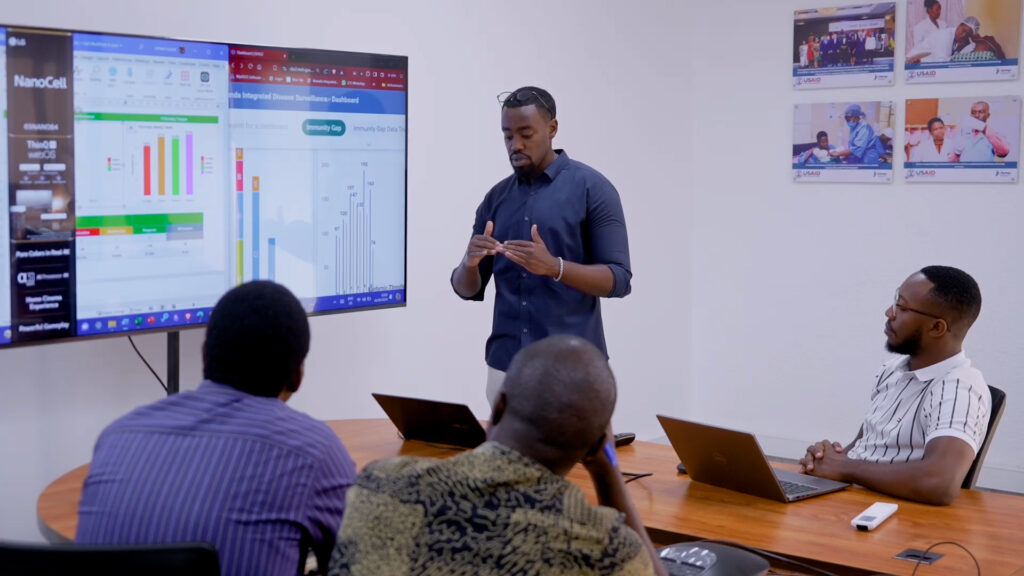
We partnered with National Public Health Institutes in five African countries to detect outbreaks faster using early warning signals.
“Epidemic-Ready” health care workers in Uganda sound the alarm to end outbreaks faster
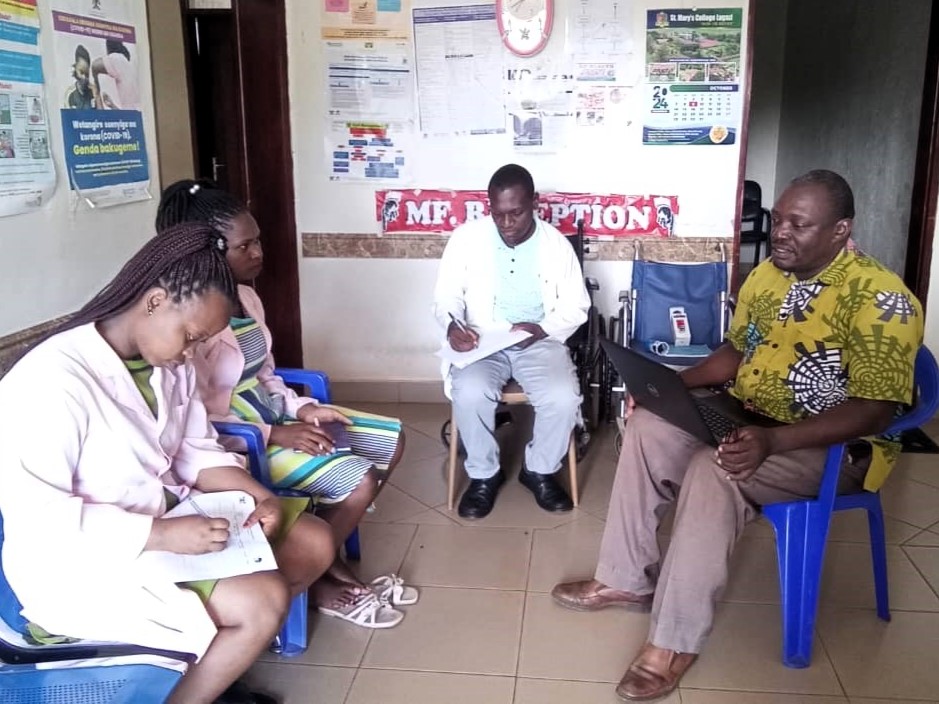
We partnered with Uganda’s Infectious Diseases Institute and its MoH to equip frontline health workers to quickly spot and report infectious disease threats in an Epidemic-Ready Primary Health Care project.
Widespread adoption of 7-1-7 in Uganda leads to rapid improvement and increased community protection
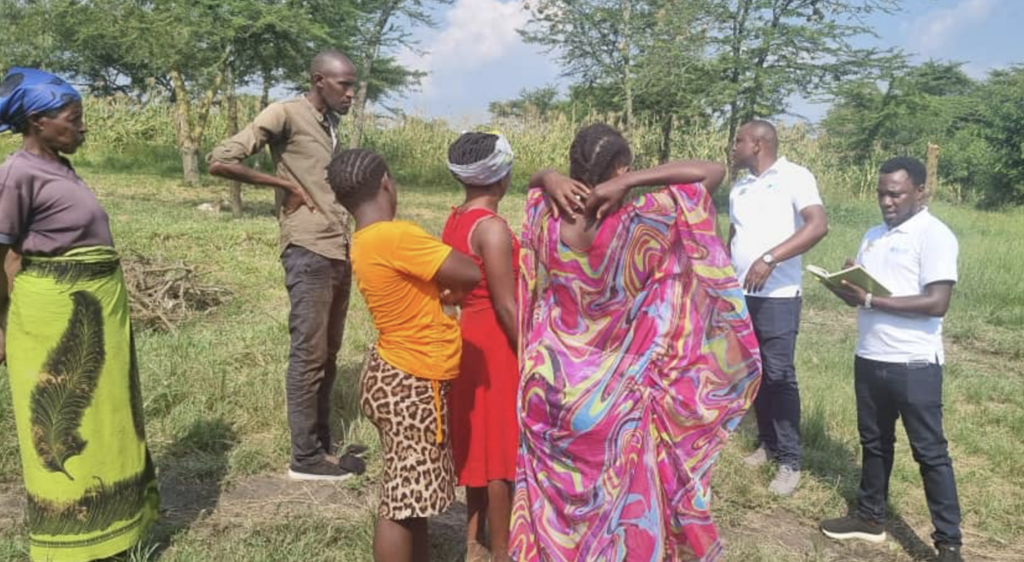
Deploying the 7-1-7 target during measles outbreaks in Uganda’s Kasese and Kiboga districts in early 2024 helped mobilize the political will and the resources necessary to respond to the outbreaks. It also helped the districts react more quickly when an even more deadly virus, the Crimean-Congo hemorrhagic fever, was detected months later.
Connect, detect, protect, treat: learnings from implementing Epidemic-Ready Primary Health Care
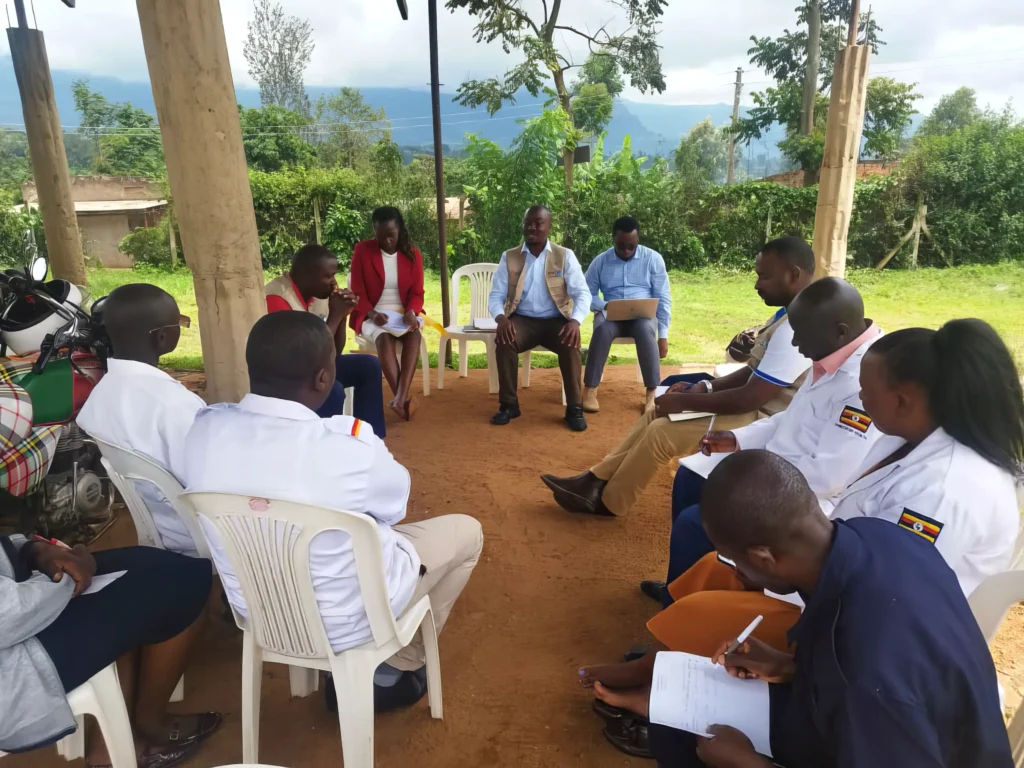
Resolve to Save Lives is partnering with primary health facilities to make sure they’re ready to stop the next epidemic.
Operational Planning and Priority-Setting Using 7-1-7 to Strengthen Uganda’s Health Security

A case study on how the 7-1-7 approach bolstered Uganda’s National Action Plan for Health Security (NAPHS).
Launching our new Epidemic-Ready Primary Health Care program
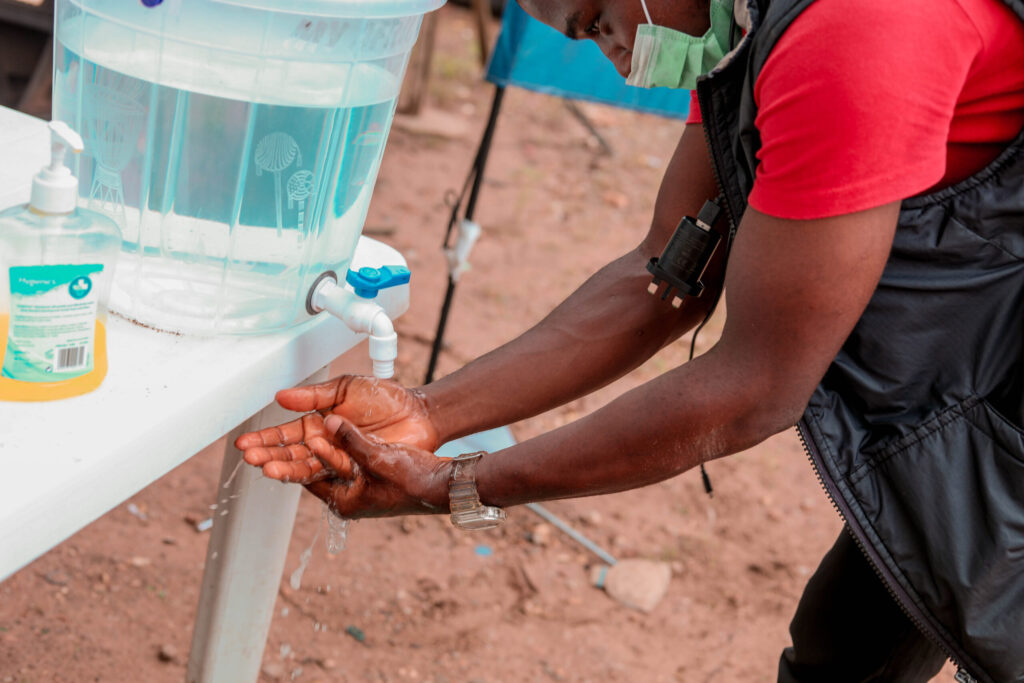
In Ethiopia, Nigeria, Sierra Leone, and Uganda, we’ll support primary health facilities to detect outbreaks promptly and safely deliver essential services.
Including hypertension treatment during HIV care dramatically improved patient outcomes in Uganda
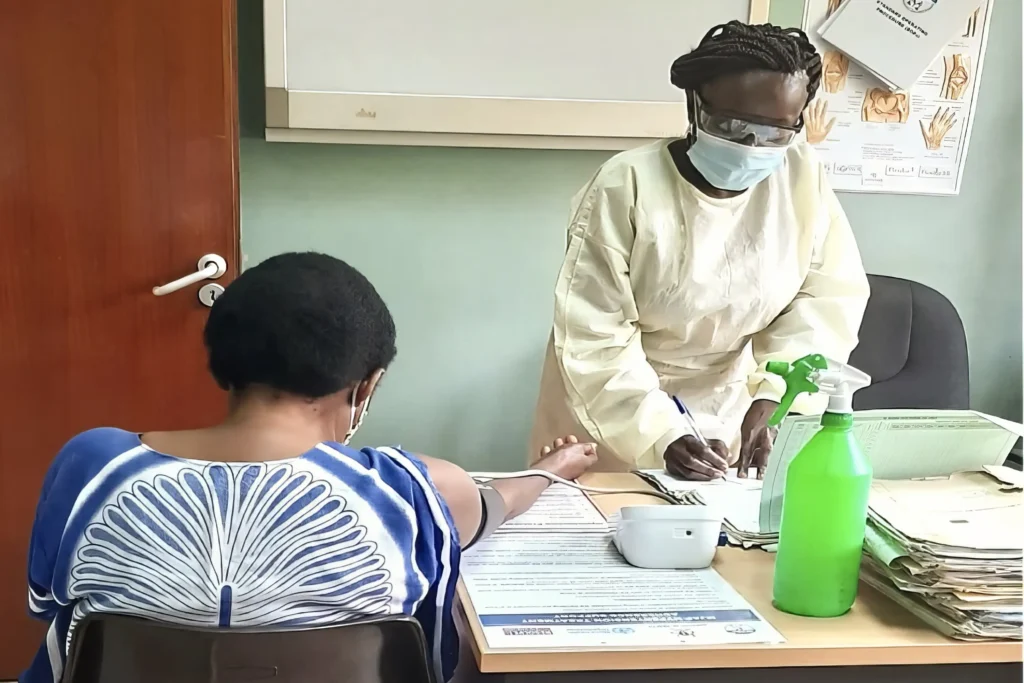
Including treatment for high blood pressure in HIV programs improves outcomes for both conditions.
The 7-1-7 Alliance is a new country-led, global partnership to improve health security

Dr. Issa Makumbi, Director of Uganda’s Public Health Emergency Operations Centre, will serve as inaugural Chair of the Technical Steering Group for The 7-1-7 Alliance: a country-led partnership for technical assistance, financial support and a growing, global community of practice to help all countries achieve the 7-1-7 target for outbreak detection and control.
Sharing lessons from dedicated preparedness teams
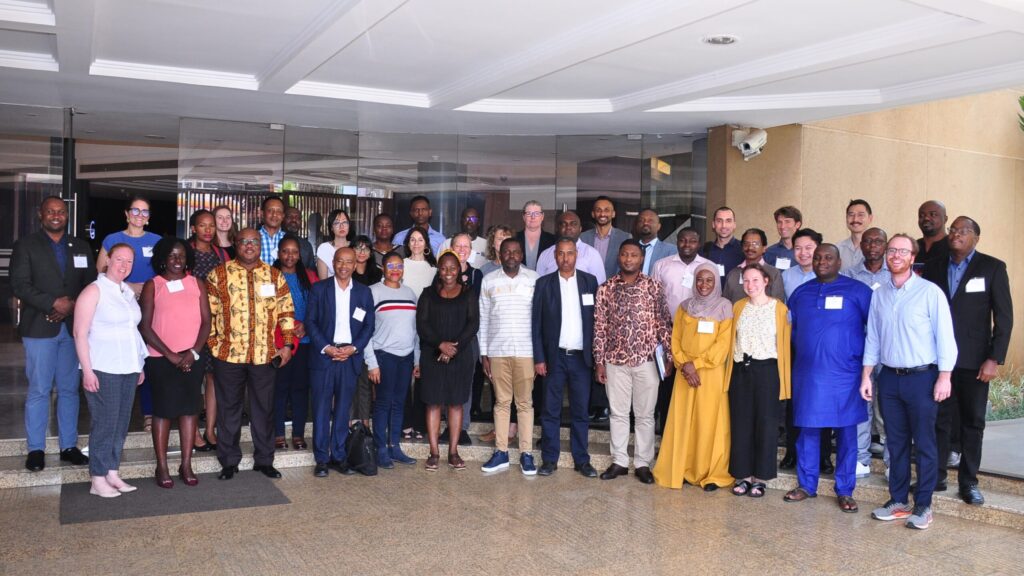
The Prevent Epidemics team held the first-ever gathering of its dedicated preparedness teams, also known as acceleration teams, in Nairobi, Kenya. Teams from DRC, Ethiopia, Liberia and Uganda gathered with RTSL staff from the global and Nigeria offices to share their successes and challenges in making epidemic preparedness a priority in their countries.
Webinar: How the 7-1-7 Approach Improves Epidemic Preparedness and Response
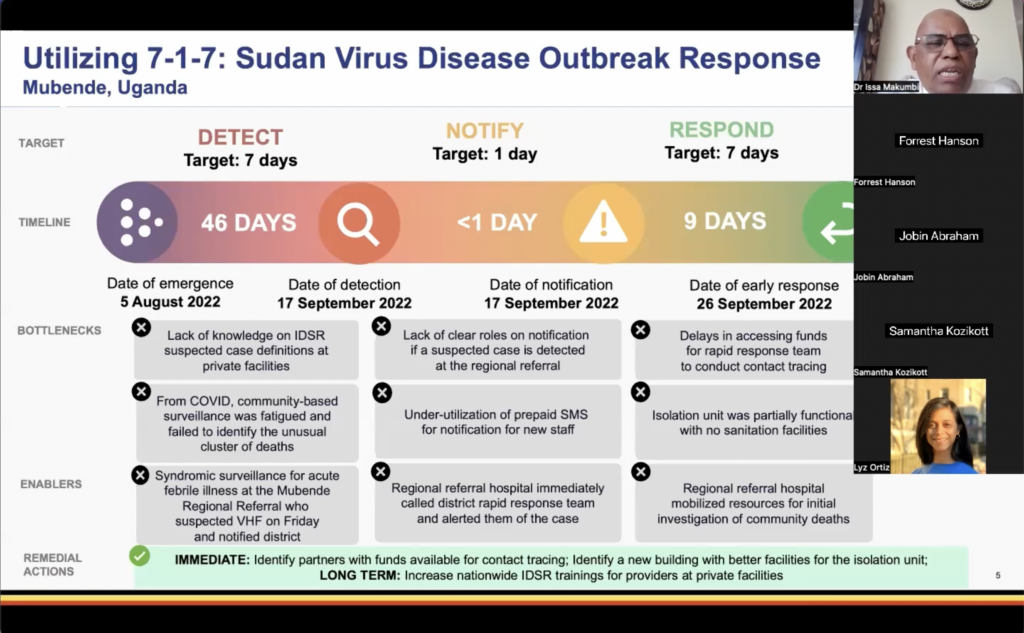
Featuring presentations from Dr. Issa Makumbi of Uganda’s National Public Health Institute and Dr. Ambrose Talisuna of the World Health Organization, our latest webinar gave attendees insight into 7-1-7’s utility as a performance improvement tool in Uganda and the vision of the WHO Regional Office for Africa for leveraging the metric. The event featured opening […]
Campaigns build vaccine confidence in Rwanda and Uganda
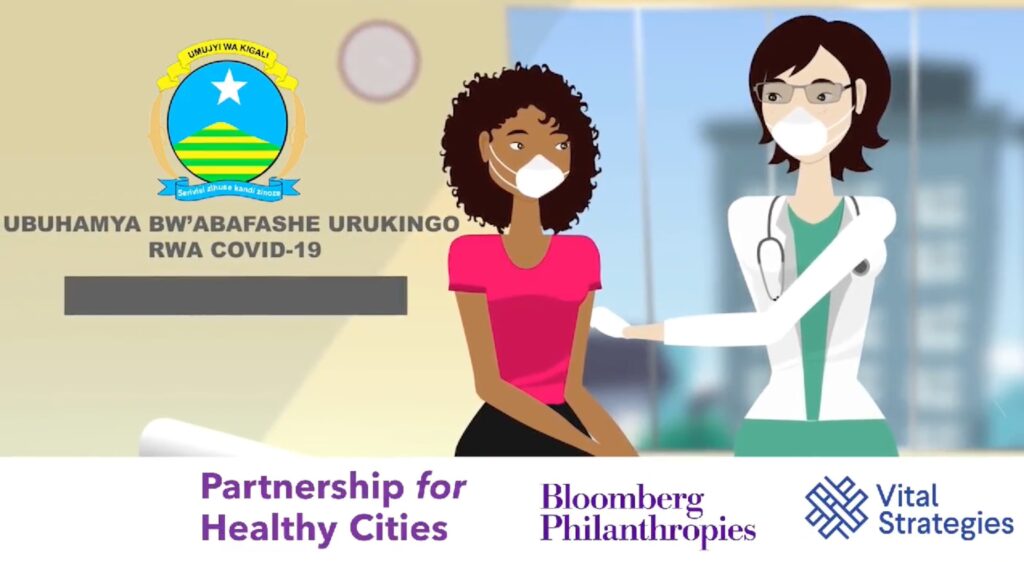
Campaigns demonstrate the power of transparent communication and trust in public health messaging.
Campaigns build vaccine confidence in Rwanda and Uganda
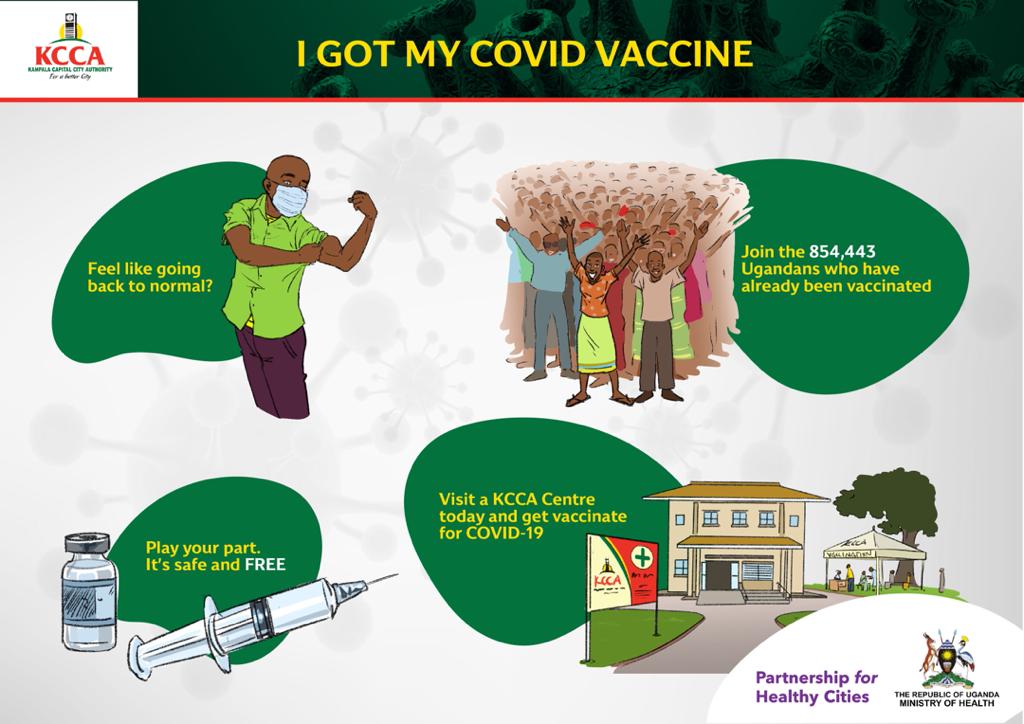
Resolve to Save Lives partnered with the Partnership for Healthy Cities to support cities in low- and middle-income countries in securing and administering COVID-19 vaccines. The campaigns, in Kampala, Uganda and Kigali, Rwanda, featured compelling video testimonials from an array of city residents about their positive experiences with inoculation. In Kigali, the campaign helped bring […]
Implementation of the 7-1-7 target for detection, notification, and response to public health threats in five countries: a retrospective, observational study
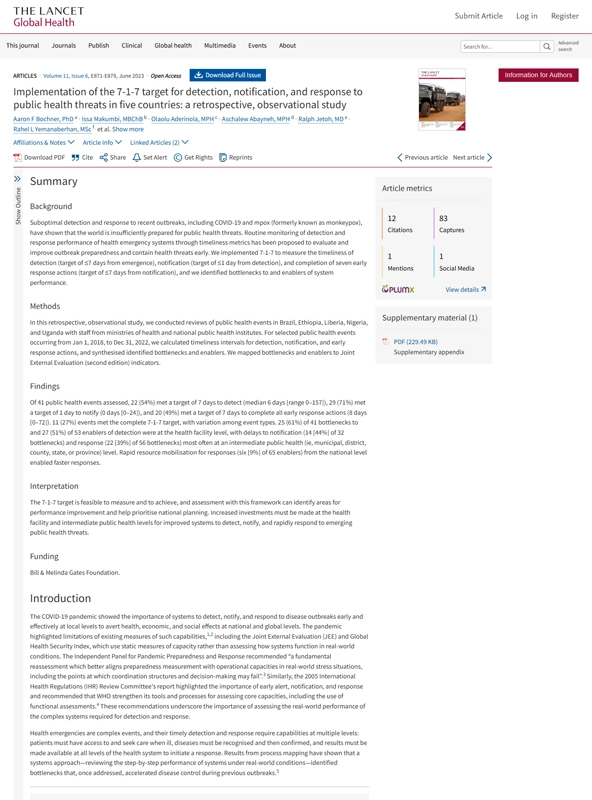
The 7-1-7 target supports timely detection, notification, and response to outbreaks. Writing in the Lancet Global Health, experts from Resolve to Save Lives assessed 41 public health events in Brazil, Ethiopia, Liberia, Nigeria, and Uganda between 2018 and 2022 to understand the frequency at which targets for detection (7 days), notification (1 day) and respones […]
The Future of Global Health Security: Lessons Learned from Preparedness and Response

Leaders from Norway, Uganda, PAHO and representatives from USAID and the International Federation of Red Cross joined us in a virtual event to discuss the need for increased investments in pandemic preparedness and better governance. You can watch the full event here.
New Grantees in Four Countries Will Save Lives by Improving Diets

Our newest grantees in Nepal, the Philippines, Togo and Uganda will support policies to make healthy choices easier by keeping junk food out of schools and other publicly-owned facilities.
Building National Health Security Through a Rapid Self-Assessment and Annual Operational Plan in Uganda, May to September 2021
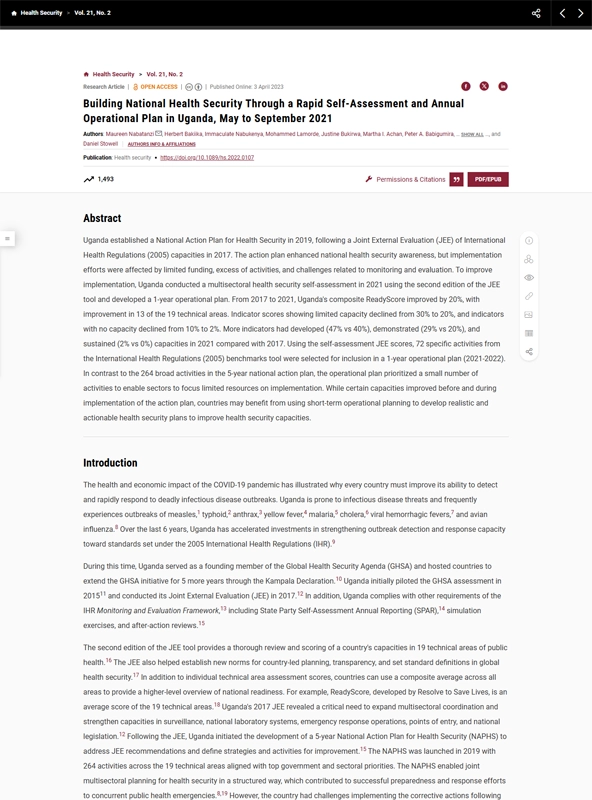
While long-term planning for health security is indispensable, focused short-term operational planning can be a tremendous asset for developing actionable and realistic strategies to improve readiness for public health emergencies. Despite limited funding and an overwhelming list of action items, Uganda successfully enhanced its epidemic readiness by 20% with a focused 1-year operational plan developed […]
Uganda Debuts First National Action Plan for Health Security
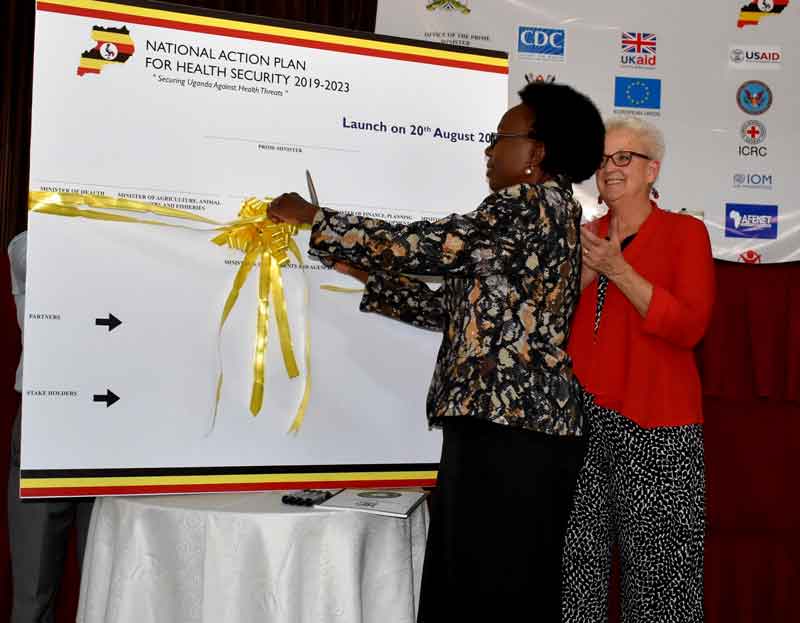
The government of Uganda launched its first National Action Plan for Health Security (NAPHS) with the support of the Infectious Disease Institute
Prioritizing the Contingency Fund for health emergencies in Uganda
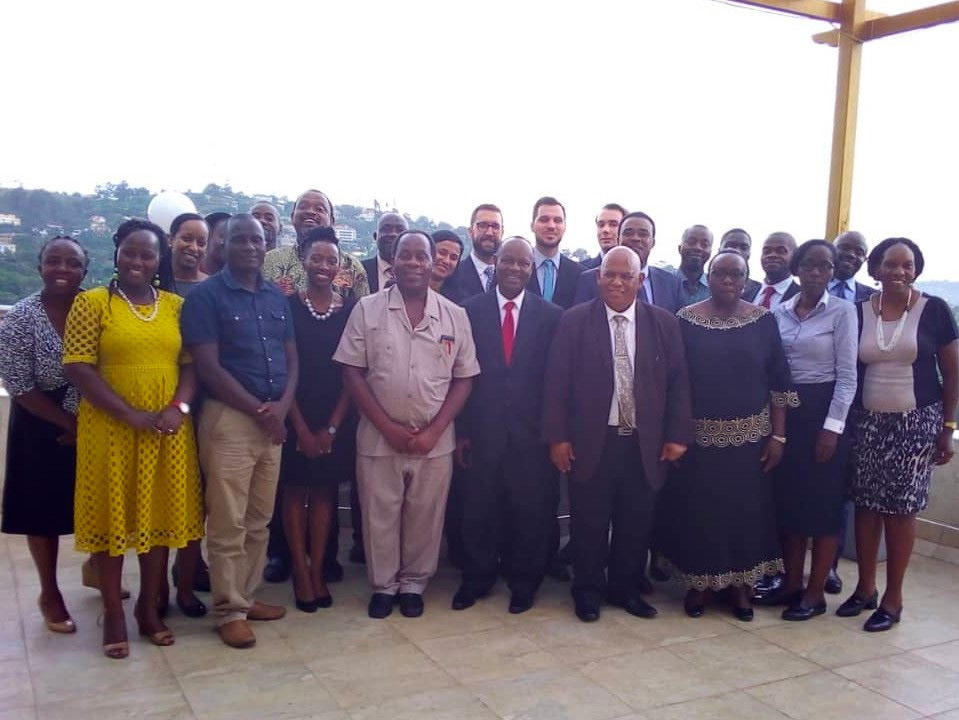
At a meeting on improving health security hosted by the Ministry of Health in Uganda, our team agreed to work with other legal stakeholders to prioritize the Contingencies Fund for Emergencies.
Improving Ebola virus disease outbreak preparedness
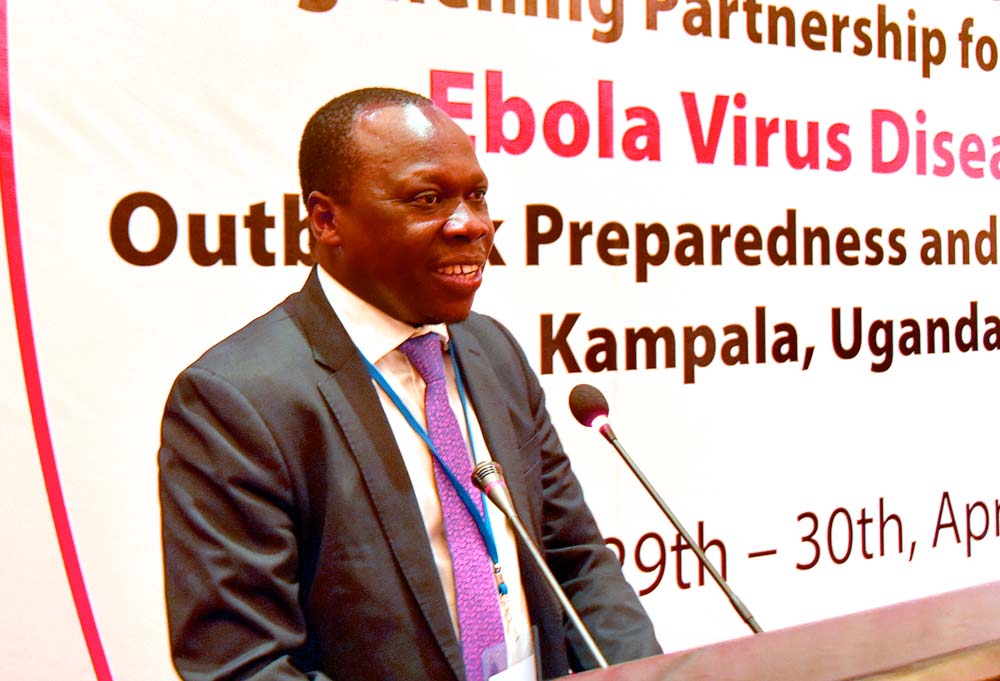
Our team worked with experts in Kampala, Uganda to create a strategic plan for engaging partners in DRC and other countries at high risk for Ebola transmission.
Uganda prepares its borders for potential Ebola cases
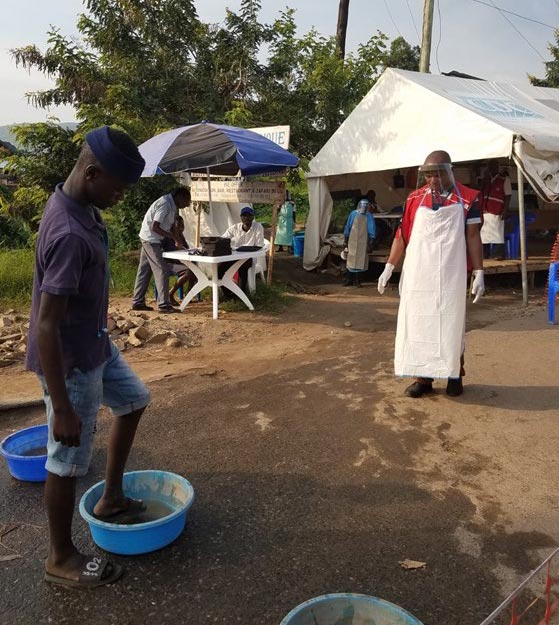
Health screening site set up at a point of entry in Uganda as part of their Ebola preparedness effort. Our Prevent Epidemics team deployed to Uganda to support their preparedness efforts.
African Field Epidemiology Network
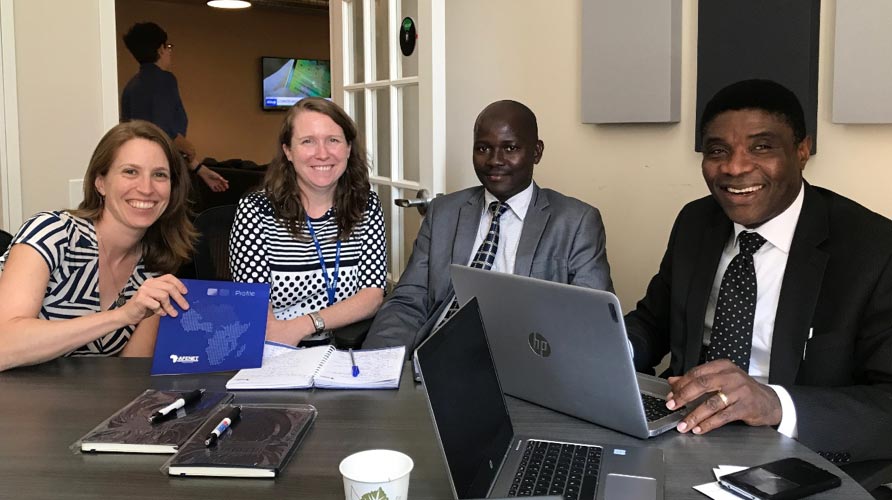
We met with representatives of the African Field Epidemiology Network: they are a non-profit alliance dedicated to helping Ministries of Health in Africa build strong, effective, sustainable programs.